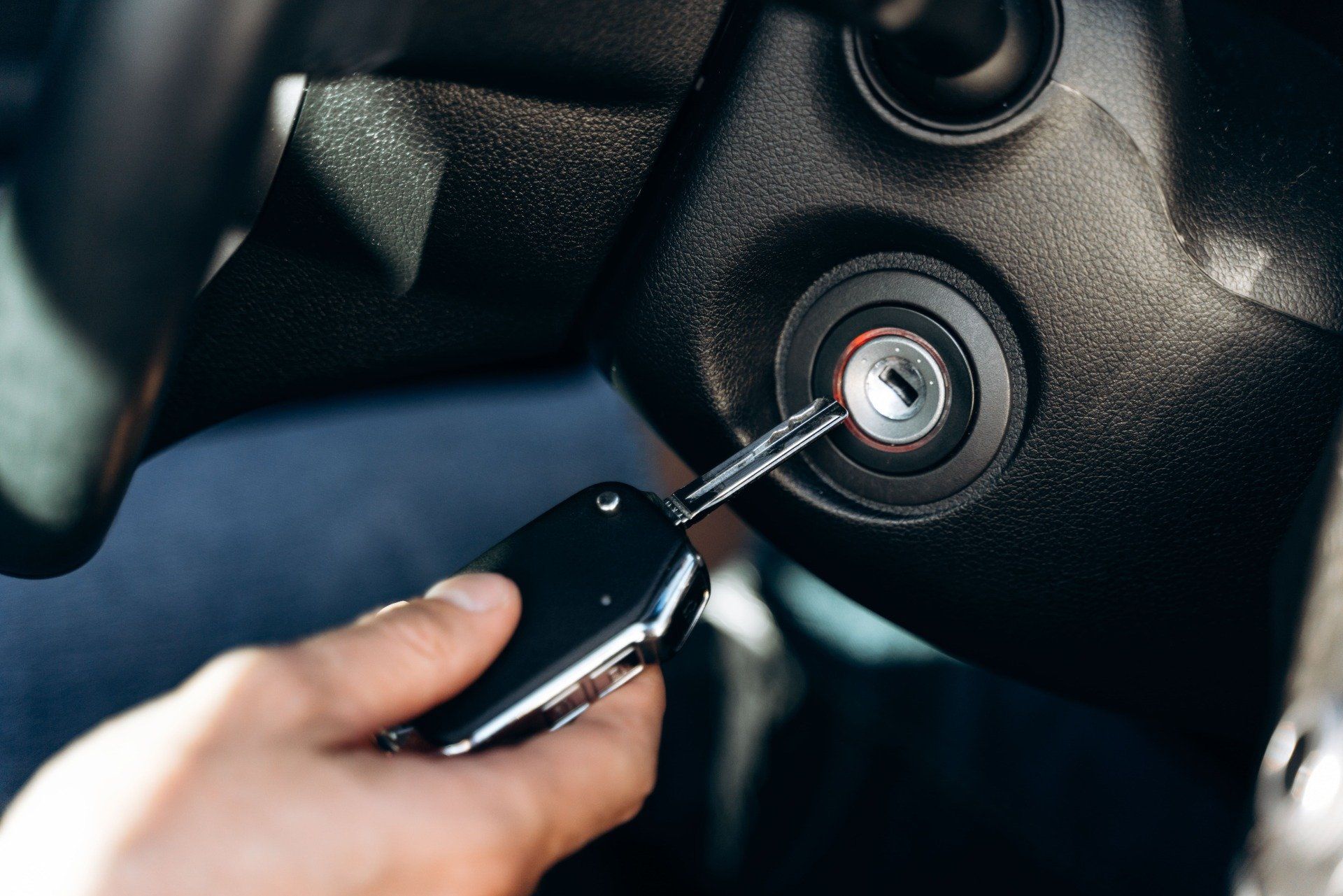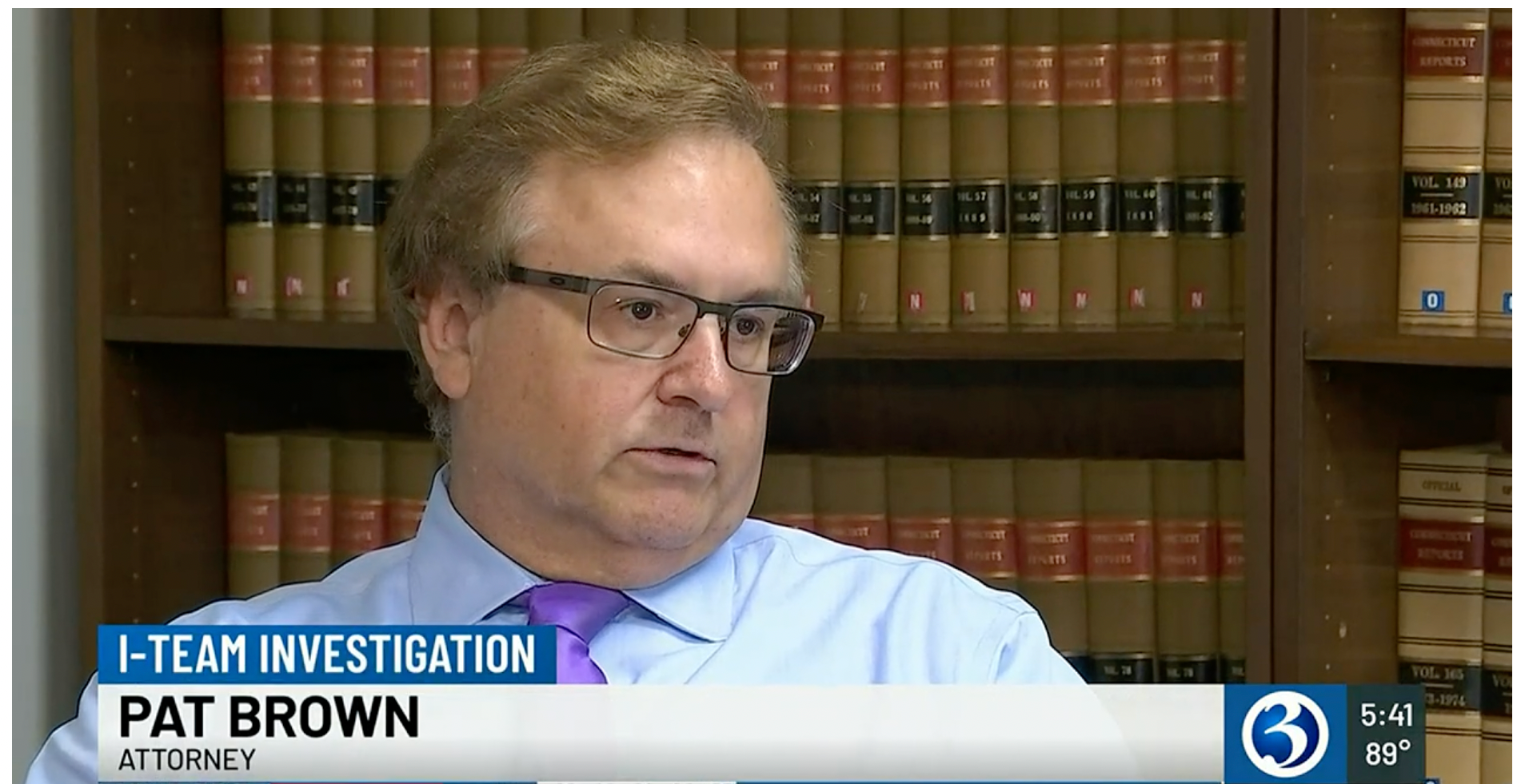Driving Under the Influence (DUI) is a serious offense with significant legal and personal consequences. Whether you're a first-time offender or facing repeat charges, it's crucial to understand the nuances of DUI laws and what to expect if you're charged. In this blog, we'll explore the essential aspects of DUIs to help you navigate the legal landscape.
What Constitutes a DUI?
A DUI occurs when a driver operates a vehicle with a blood alcohol concentration (BAC) over the legal limit, which is typically 0.08% in most states. However, lower limits apply for commercial drivers and drivers under the age of 21. It's important to note that a DUI isn't limited to alcohol; driving under the influence of drugs, both legal and illegal, can also result in a DUI charge. Understanding these definitions is the first step in grasping the severity of the offense.
The DUI Arrest Process
If you're pulled over by law enforcement, it's essential to know what to expect. The traffic stop is just the beginning. Officers may conduct field sobriety tests, such as the walk-and-turn or the one-leg stand, to assess impairment. Additionally, you might be asked to take a breathalyzer or other chemical tests to measure your BAC. Refusing these tests can lead to additional penalties, including automatic license suspension. Being aware of your rights and the procedures can help you remain calm and compliant during this stressful situation.
Legal Consequences of a DUI
The consequences of a DUI can be severe and vary depending on whether it's your first offense or if you have prior convictions. For a first offense, penalties often include fines, license suspension, mandatory education programs, and possible jail time. Repeat offenders face increased penalties, including longer jail sentences and higher fines. Aggravating factors, such as a high BAC level, causing an accident, or having minors in the vehicle, can further enhance these penalties. Understanding the potential consequences can underscore the importance of seeking legal advice.
Navigating the Court System
After a DUI arrest, you will go through an arraignment where you will be formally charged and asked to enter a plea. Understanding your plea options is crucial, as it sets the stage for your defense strategy. Pre-trial motions may be filed to challenge the evidence or seek dismissal of the charges. If your case goes to trial, being prepared for the proceedings and knowing what to expect can help alleviate some of the anxiety. Each stage of the court process is critical, and having a knowledgeable attorney by your side can make a significant difference.
DUI Defense Strategies
Several defense strategies can be employed to fight a DUI charge. One common approach is to challenge the legality of the traffic stop, arguing that there was no probable cause for the stop. Additionally, the accuracy and administration of field sobriety and chemical tests can be questioned. Presenting mitigating factors, such as completing a rehabilitation program, can also influence the outcome. Each case is unique, and a tailored defense strategy is essential for the best possible result.
Long-Term Consequences of a DUI
A DUI conviction can have long-lasting effects beyond immediate legal penalties. Your driving record will be impacted, which can lead to significantly higher insurance rates. Additionally, having a DUI on your record can affect current and future employment opportunities, as many employers conduct background checks. The personal ramifications, including strained relationships and a damaged reputation, can be profound. Recognizing these long-term consequences emphasizes the importance of addressing a DUI charge seriously.
Avoiding DUIs: Tips for Safe Driving
The best way to avoid a DUI is to make responsible choices before getting behind the wheel. Planning ahead can make a significant difference. Use designated drivers, taxis, or ride-sharing services when you know you'll be consuming alcohol. Understanding your limits and how alcohol affects your body can also help you make informed decisions. Exploring legal transportation options when impaired ensures your safety and the safety of others on the road. Prevention is always better than facing the severe consequences of a DUI.
Take Action Now to Protect Your Future
Facing a DUI charge can be daunting, but understanding the process and potential defenses can help you navigate this challenging situation. It's crucial to consult with a qualified attorney to explore your options and ensure your rights are protected. Contact the Law Offices of Pat Brown today for more information or to book your consultation.













